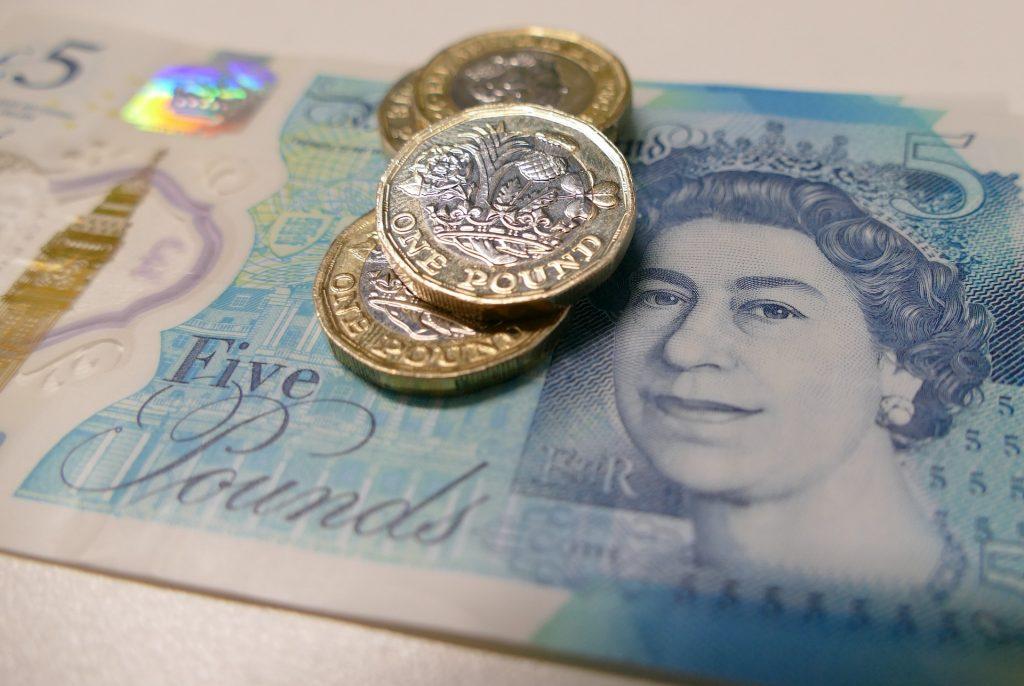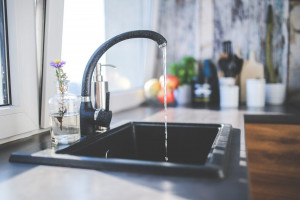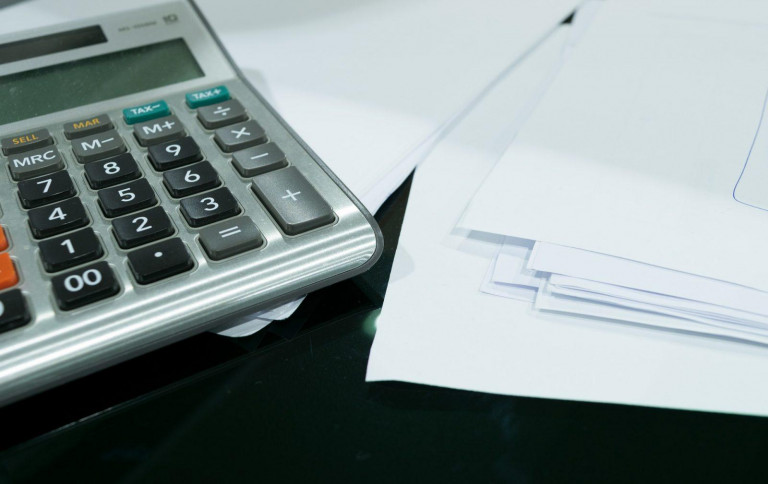The Couponators guide to saving money around the house
In this guide, we aim to help you reduce your everyday costs by making small changes that in the long run add up to big savings. We’ll base relevant savings on a household of two adults and two teenage children living in the UK.

1. Leaving appliances on standby
This probably seems pretty obvious but many households leave numerous appliances on standby when they are not in use. According to yourmoney.com leaving on a digital TV Box (Such as Sky+ or YouView) can cost on average £25.91 a year. If nothing is going to be recording that cannot be found on catch up, turn it off when you go to bed or away for the weekend! A TV on average is around £1.23 a year if left on standby, times that by 4 for an average UK household and that’s another easy £4.92 saved. So far we have saved £30.83 just with two small electrical changes. A smart meter may also help your family to become more conscious of energy usage but we’ll get into that another time!
2. Running the tap
We all use water daily, but are we using it sensibly? By turning off the tap while brushing your teeth, a family of four could save up to £50 on metered water bills, as well as 17,520 litres of water per year (source: yourmoney.com). Just by cutting one minute off of your shower time your family could save £15 in energy bills, and a further £15 in water bills (if on a meter), per person per year. So an average of £120 saved a year for the household of four. Additionally, when running the tap to heat the washing up bowl, use the cool water to water plants or fill the kettle. This could save 2 litres of water. Times that by 2 bowls a day, 365 days a year and that’s 1460 litres saved so around £5 per year.
So far we have saved £175 on our water usage.

3. Boiling the kettle
Only boil what you need and when you need it – this speaks for itself with conserving energy!
4. Buying in Bulk
If you have the storage space, buying products you use often in bulk makes sense if you are trying to save money, it should also help to save on packaging, especially single-use plastics. For example, a large container of Comfort Fabric Conditioner costs £11 for 166 washes, making that 0.06p per wash. The same fabric conditioner in a smaller sized 36 wash container comes up at 0.09 a wash. So not only are you saving per wash you are cutting down on buying nearly 5 smaller plastic packets of the same solution and five trips to the shops. This swap has saved us £3.94.
A pack of 72 Andrex toilet rolls can be bought for £23.99 working out at 33p a roll. Again, a smaller sized pack of the same toilet rolls comes in at £5.95 making the price an extra 9p per roll plus numerous trips to the supermarket and extra plastic waste! This swap has saved us £7.51. So £11.94 in total – you choose how long these will last you, who are we to judge!!
It’s worth taking a look at other products to buy in bulk too such as Washing up Liquid, Shampoo and Shower Gel.
5. “Buy cheap buy twice”
Now, this statement is not always as it seems. What we mean is, sometimes it is better to wait a while to afford something of a better quality in order for it to last longer. Again, not always the case, it depends entirely on the product or service.
Sometimes we only want a quick and cheap fix, but when it comes to health and other meaningful items and services within your household it often pays to buy the best that you can afford. Bear this phrase in mind when looking at purchasing items such as clothes or electricals and ask yourself these questions; Do I need it? Is it what I really want/need? Will it do the job I want/need or would something else work better? Will it last me a long time? Also, compare warranties too as sometimes this can make a difference with buying something second hand or paying a little extra for new to get an extended warranty or guarantee. Sometimes, a refurbed item fits the bill perfectly – lower in cost but with the same warranty as new.
6. Cut the takeaways
We all know the feeling, getting in from work on Friday at gone 6pm because the roads are at a standstill again. You reach for the takeaway menu and before you know it, you’ve spent £50 on one meal for the family. Takeaway is a nice treat but there are some equally tasty alternatives you can make at home for a fraction of the cost. Many supermarkets often sell a ‘Meal Deal for 2’ at around £10 for three courses and drinks, buy two of these and you’ve already saved £30 but had a treat too. Or, cut back even more and get yourself a takeaway in a box. Often these are around £5 but even at full price, two packs still works out at £34 cheaper than the takeaway!
Obviously, to cut back further you could put a curry in the slow cooker before work and come home to a ready-cooked meal for probably less than £2 a portion!
7. Sell your unwanted possessions
We aren’t saying you have to sell everything you don’t need or want but it’s worth listing the item on a local Facebook selling page or on Gumtree to see if you can get a few pounds for something before you take it to the tip. One man’s trash is another man’s treasure and all that!!
8. Shop around for Utilities
More on this over on our Utilities page, but it really can make a huge difference! Once you’ve chosen a provider ask family and friends if they have a refer a friend code as it might help both of you save some money or gain some credit on your account. Companies such as Bulb and Octopus offer this.
9. Share accounts where possible.
It makes sense if you are in the same household, to share accounts such as Netflix, Apple Music, Amazon Prime and Spotify. You can split the cost between you and in some cases, up to five people can use the same account. Just check the T&C’s to make sure you are using the service legally.
10. Storing Food
Many of us are guilty of getting home from doing a food shop and just chucking it all in the direction of the fridge without thinking about how best to store something to make it last. Taking vegetables out of the plastic packaging before storing in the fridge can help them last much longer as they won’t be sweating in the plastic. Potatoes should be stored in a cool, dark place and Bread should be kept in an airtight container but not in the fridge.







